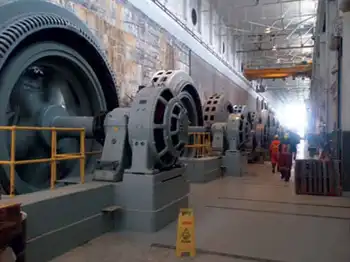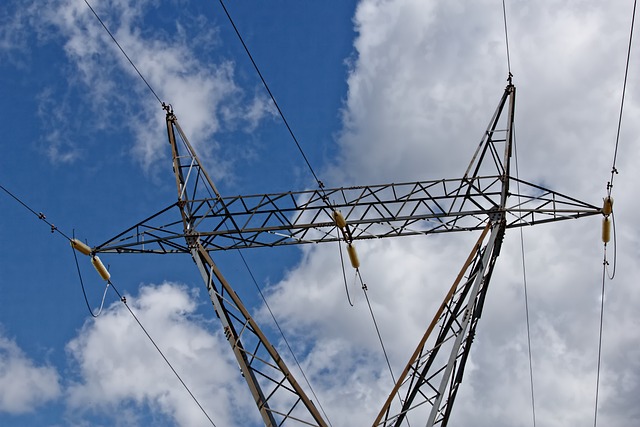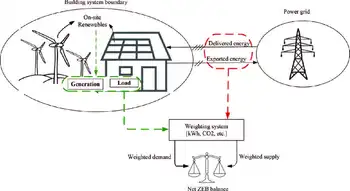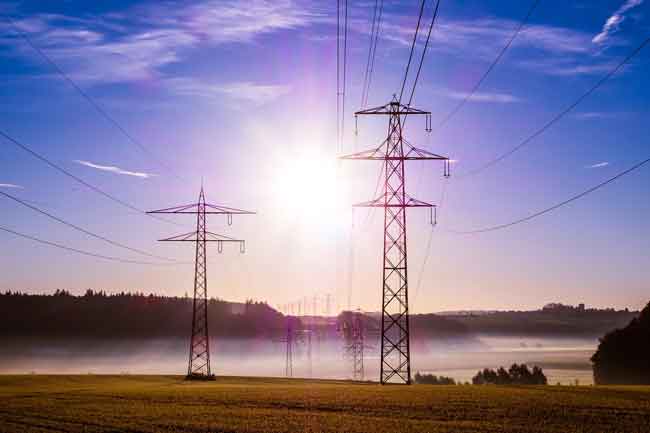Ontario explores possibility of new, large scale nuclear plants
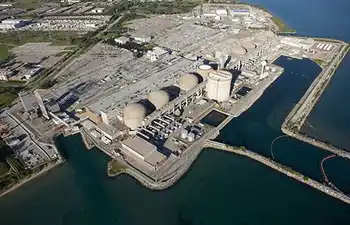
CSA Z462 Arc Flash Training - Electrical Safety Essentials
Our customized live online or in‑person group training can be delivered to your staff at your location.

- Live Online
- 6 hours Instructor-led
- Group Training Available
Ontario Nuclear Expansion aims to meet rising electricity demand and decarbonization goals, complementing renewables with energy storage, hydroelectric, and SMRs, while reducing natural gas reliance and safeguarding grid reliability across the province.
Key Points
A plan to add large nuclear capacity to meet demand, support renewables, cut gas reliance, and maintain grid reliability
✅ Adds firm, low-carbon baseload to complement renewables
✅ Reduces reliance on natural gas during peak and outages
✅ Requires public and Indigenous engagement on siting
Ontario is exploring the possibility of building new, large-scale nuclear plants in order to meet increasing demand for electricity and phase out natural gas generation.
A report late last year by the Independent Electricity System Operator found that the province could fully eliminate natural gas from the electricity system by 2050, starting with a moratorium in 2027, but it will require about $400 billion in capital spending and more generation including new, large-scale nuclear plants.
Decarbonizing the grid, in addition to new nuclear, will require more conservation efforts, more renewable energy sources and more wind and solar power sources and more energy storage, the report concluded.
The IESO said work should start now to assess the reliability of new and relatively untested technologies and fuels to replace natural gas, and to set up large, new generation sources such as nuclear plants and hydroelectric facilities.
The province has not committed to a natural gas moratorium or phase-out, or to building new nuclear facilities other than its small modular reactor plans, but it is now consulting on the prospect.
A document recently posted to the government’s environmental registry asks for input on how best to engage the public and Indigenous communities on the planning and location of new generation and storage facilities.
Building new nuclear plants is “one pathway” toward a fully electrified system, Energy Minister Todd Smith said in an interview.
“It’s a possibility, for sure, and that’s why we’re looking for the feedback from Ontarians,” he said. “We’re considering all of the next steps.”
Environmental groups such as Environmental Defence oppose new nuclear builds, as well as the continued reliance on natural gas.
“The IESO’s report is peddling the continued use of natural gas under the guise of a decarbonization plan, and it takes as a given the ramping up of gas generation and continues to rely on gas generated electricity until 2050, which is embarrassingly late,” said Lana Goldberg, Environmental Defence’s Ontario climate program manager.
“Building new nuclear is absurd when we have safe and much cheaper alternatives such as wind and solar power.”
The IESO has said the flexibility natural gas provides, alongside new gas plants, is needed to keep the system stable while new and relatively untested technologies are explored and new infrastructure gets built, but also as an electricity supply crunch looms.
Ontario is facing a shortfall of electricity with the Pickering nuclear station set to be retired, others being refurbished, and increasing demands including from electric vehicles, new electric vehicle and battery manufacturing, electric arc furnaces for steelmaking, and growth in the greenhouse and mining industries.
The government consultation also asks whether “additional investment” should be made in clean energy in the short term in order to decrease reliance on natural gas, “even if this will increase costs to the electricity system and ratepayers.”
But Smith indicated the government isn’t keen on higher costs.
“We’re not going to sacrifice reliability and affordability,” he said. “We have to have a reliable and affordable system, otherwise we won’t have people moving to electrification.”
The former Liberal government faced widespread anger over high hydro bills _ highlighted often by the Progressive Conservatives, then in Opposition — driven up in part by long-term contracts at above-market rates with clean power producers secured to spur a green energy transition.






